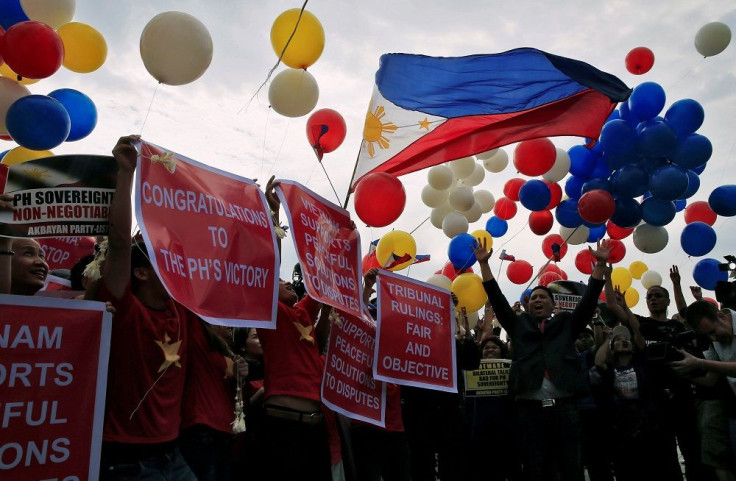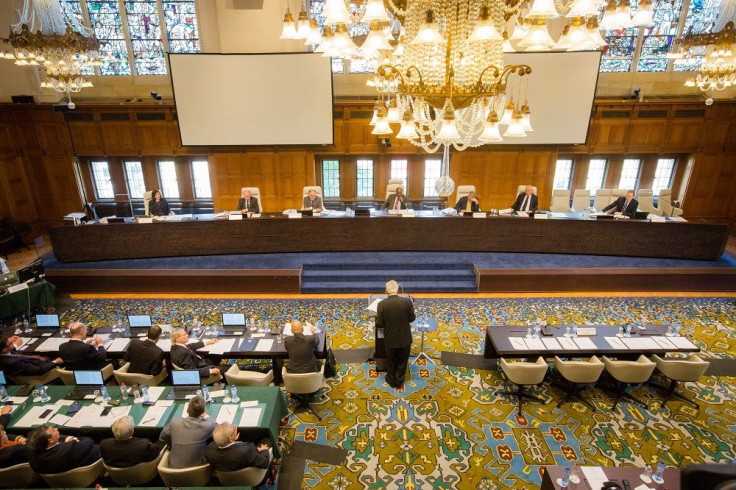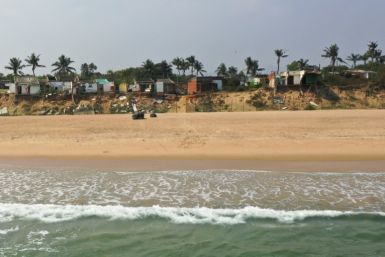Besides a favourable ruling to the Philippines in South China Sea dispute, UN PCA says China harmed marine environment

Certain areas in the South China Sea that China is claiming are in the exclusive economic zone of the Philippines, the UN Permanent Court of Arbitration (PCA) said on Tuesday in its decision of the arbitration case filed by the Philippines. Besides favouring the Philippines, the tribunal also noted the damage to marine life that China caused with it land reclamation and construction of artificial islands.
The court says China violated the sovereign rights of the Philippines when it interfered with Philippine fishing and petroleum exploration, built artificial islands and failed to prevent Chinese fishermen from fishing in the zone.
The tribunal stresses that China “caused severe harm to the coral reef environment and violated its obligation to preserve and protect fragile ecosystems and the habitat of depleted, threatened, or endangered species.” Despite Chinese authorities being aware that fishermen from China harvested endangered sea turtles, coral, and giant clams on a substantial scale in the South China Sea, Beijing failed to fulfill its obligation as a nation to stop those kinds of activities.
Besides failing to stop Chinese fishermen from that, the PCA points out that the fishermen used methods that caused severe damage on the area’s coral reef environment.
The tribunal scores China for breaching the rights of fishermen from the Philippines which has traditional fishing rights at Scarborough Shoal. But China restricted access to the shoal by physically obstructing Philippine vessels, while the Chinese Coast Guard even created a serious risk of collision.
“The Tribunal concluded that, to the extent China had historic rights to resources in the waters of the South China Sea, such rights were extinguished to the extent they were incompatible with the exclusive economic zones provided for in the Convention,” the press release said.

The court acknowledges that fishermen and navigators from China – and even those from other countries – use those islands in South China Sea. But the PCA stresses China failed to provide evidence that it had historically exercised exclusive control over the waters or its resources, junking China’s use of the “nine-dash line” as its basis in claiming historic rights.
However ahead of the ruling, China says Beijing would ignore the tribunal’s verdict for lack of jurisdiction. Foreign Ministry spokesman Lu Kang said in a statement, “We won’t accept any of their so-called materials, no matter what they are,” quotes Reuters.
VIDEO: Arbitration Decision on South China Sea Illegal, Invalid: Chinese Scholars






